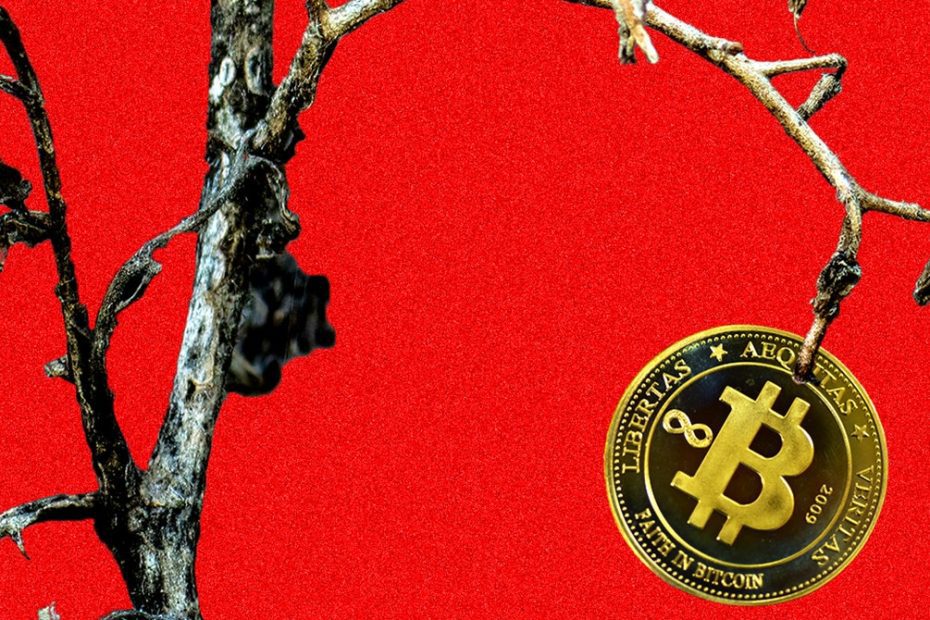In both cases, Biofuel alleges, the companies shipped equipment from China to its hosting facility in Eastern Kentucky and then walked away with the bitcoin produced, leaving behind hundreds of thousands of dollars in unpaid utility bills and hosting fees.
Biofuel reached a settlement with Touzi for $60,000 in early 2022, but despite returning the mining equipment, the company claims it has not received the amount it is owed under the agreement.
In the still-unresolved feud with VCV, Biofuel received permission from the Martin County Circuit Court in Kentucky to sell the mining equipment, Whites claims, to recover some of the money owed (she did not confirm the amount), but she claims that no damages have yet been awarded. VCV no longer responds to communications, she claims.
Biofuel has since been shut down and bankrupted by the failed hosting companies. “I literally lost my house – I lost everything. It ruined me financially,” said Wes Hamilton, former CEO of Biofuel Mining. “I'm just so frustrated with the whole thing.”
WIRED reached out to VCV and Touzi for comment but did not receive a response.
There are few financial recovery options for companies like Mohawk and Biofuel. The situation is made more difficult, as in the Mohawk case, when they have to deal with so-called special purpose bodies. Because they were set up by their parent companies for one specific business, these entities do not have to worry about their ability to operate in the US in the long term.
“It can certainly be more difficult to recover damages from a non-US counterparty,” said Kim Havlin, partner in the global commercial litigation practice at law firm White & Case. “There is certainly a risk that an entity that doesn't need to be in the US simply ignores the matter.”
Even if the owners of the Kentucky facilities win in court, it may be difficult to collect the damages awarded. “A judgment is essentially a piece of paper. Any judgment must be converted into assets or cash to be valuable,” says Havlin. If the counterparty refuses to pay and has no US assets to collect, this is sometimes not possible.
Nearly a year after the dispute began, the Mohawk case is stuck in legal limbo. In a setback for Mohawk, the president recently denied his request to dismiss HBT's complaint on the grounds that he had failed to adequately substantiate his argument. The judge also referred Mohawk's countersuit to arbitration, a forum for resolving disputes privately rather than in public court. Non-US parties typically prefer arbitration as a way to “remove a home forum from both sides,” Havlin explains. “You cannot choose an arbitral seat in either country as a means of creating a neutral playing field.” A parallel hearing in federal court will take place in December to consider whether an injunction should be imposed on Mohawk, preventing the company from selling the remaining HBT equipment in its possession.

